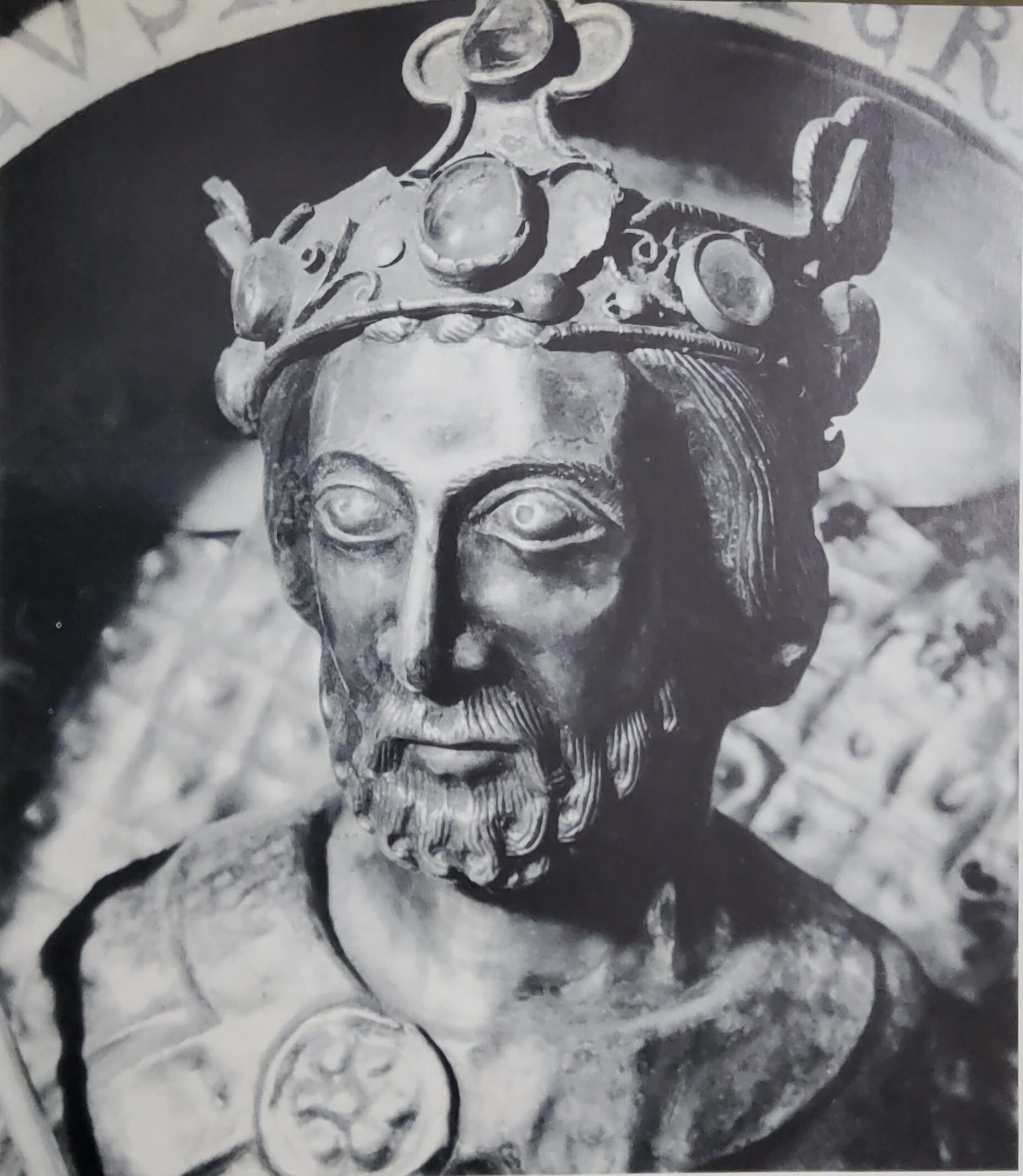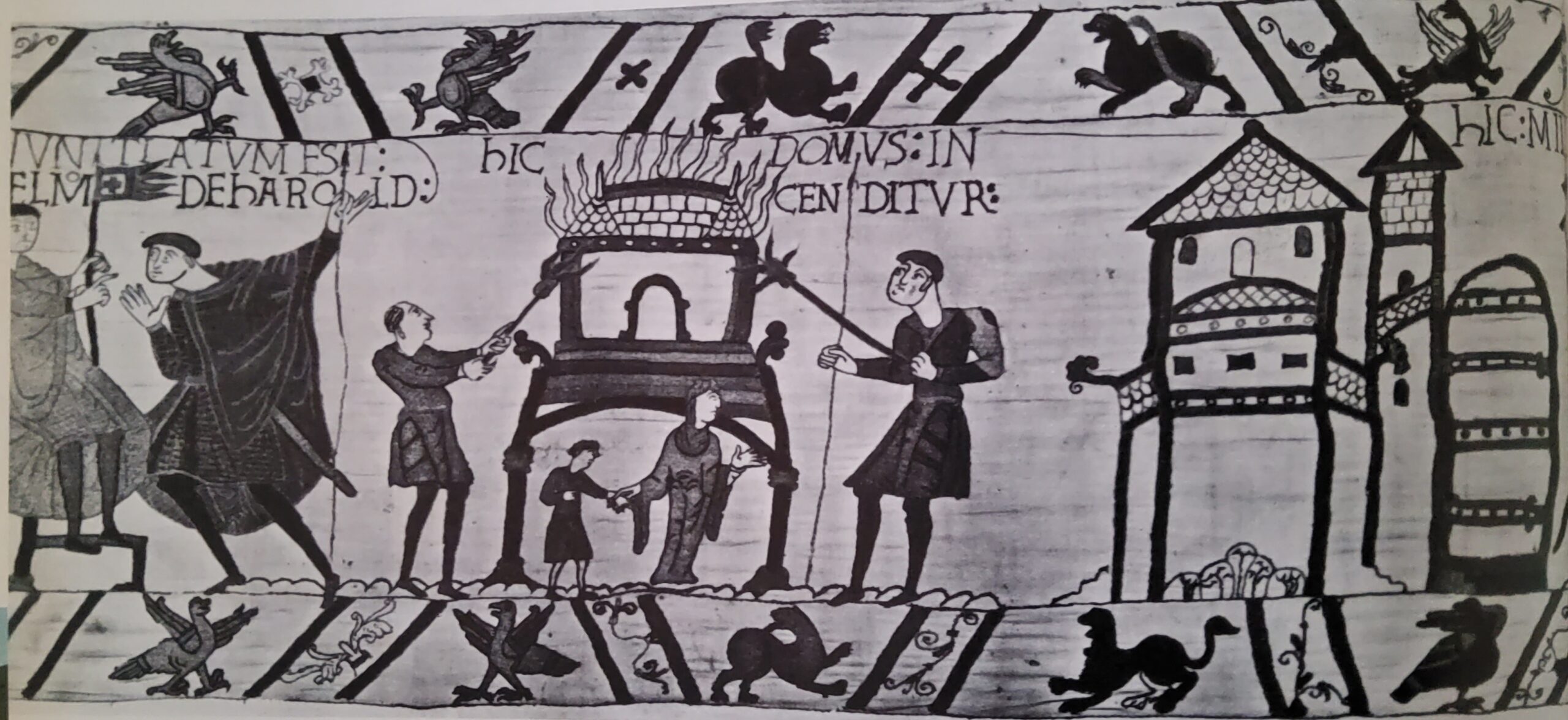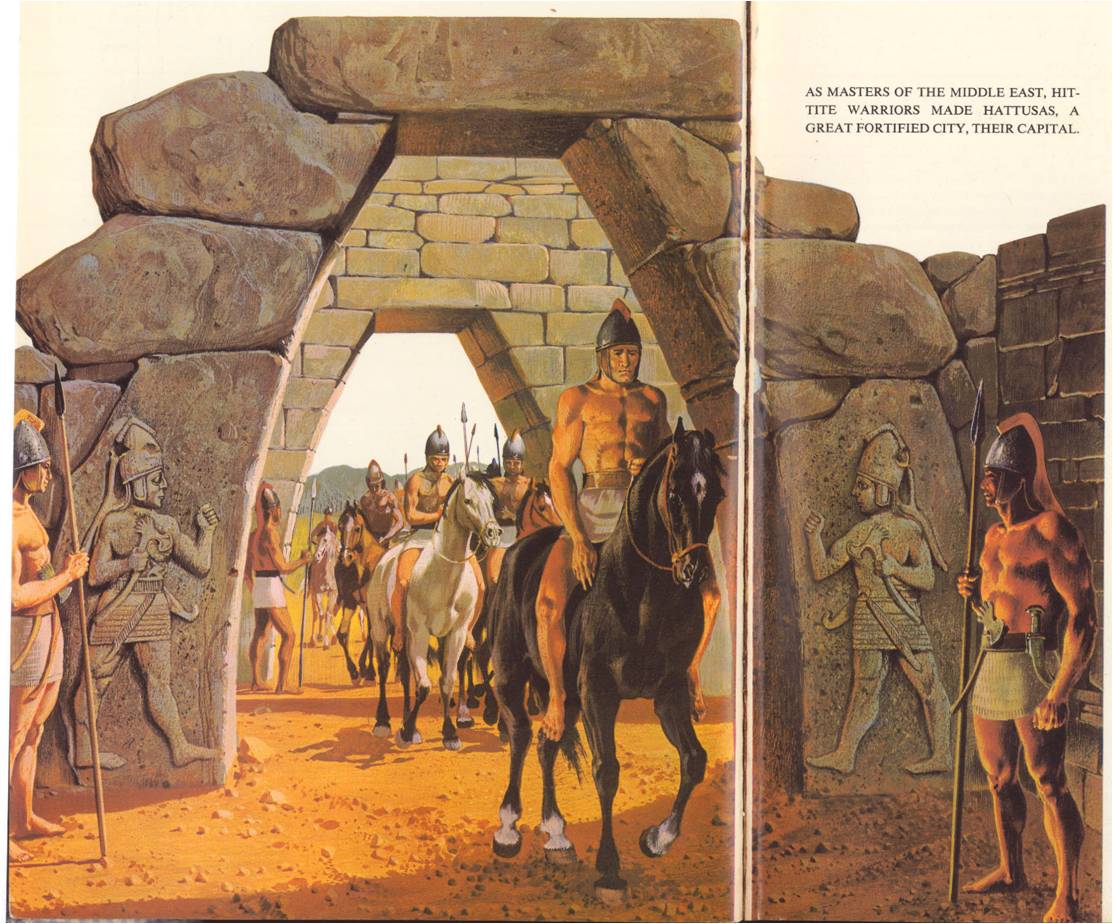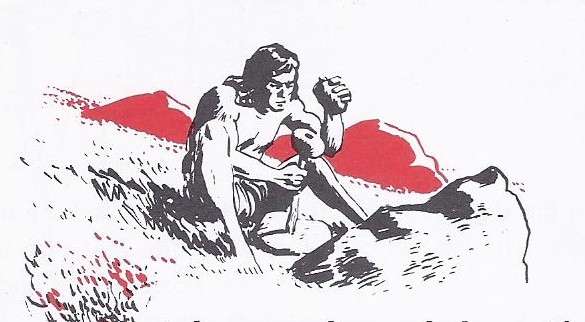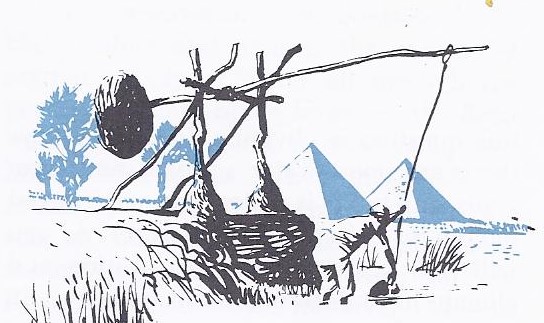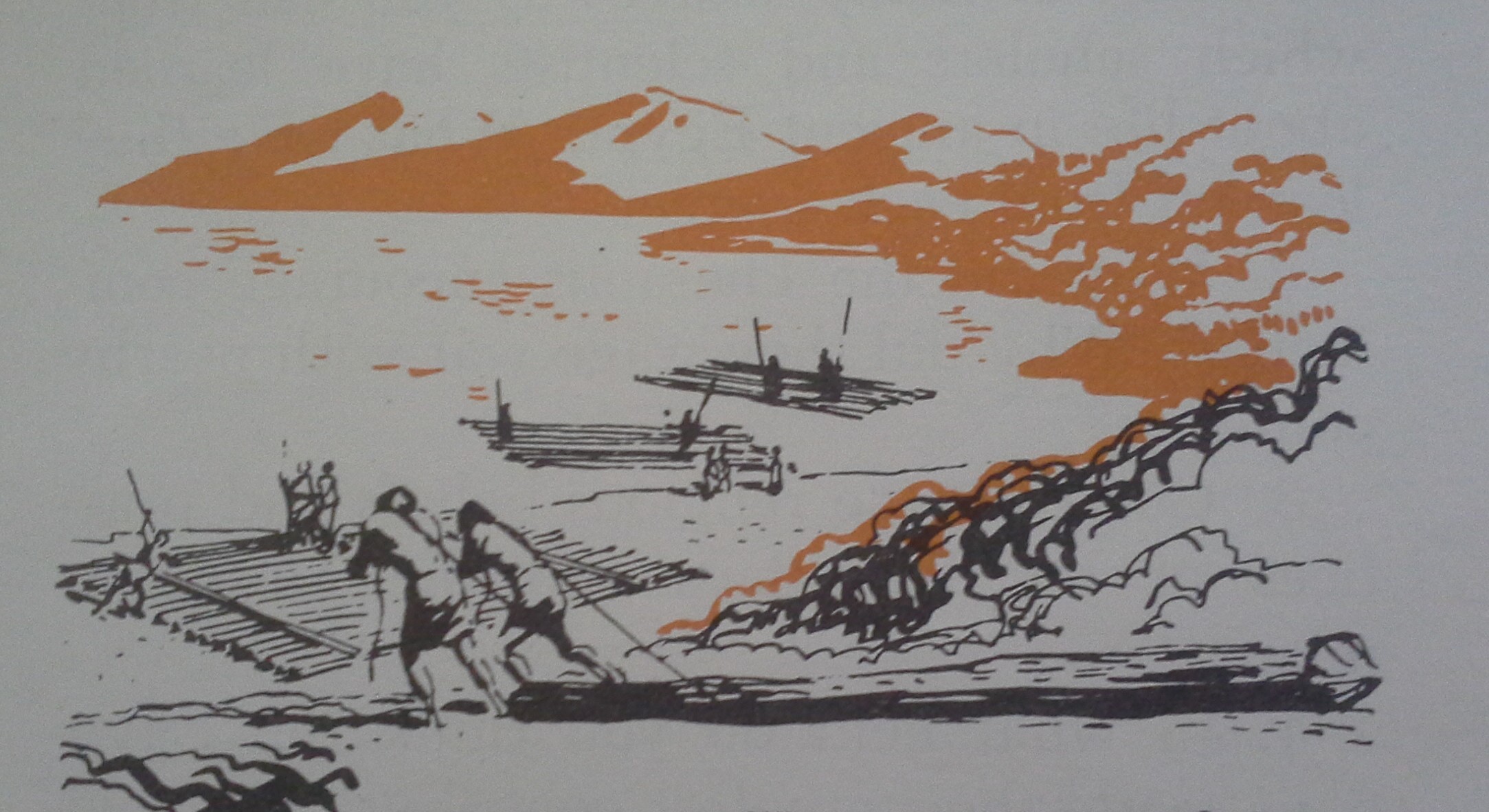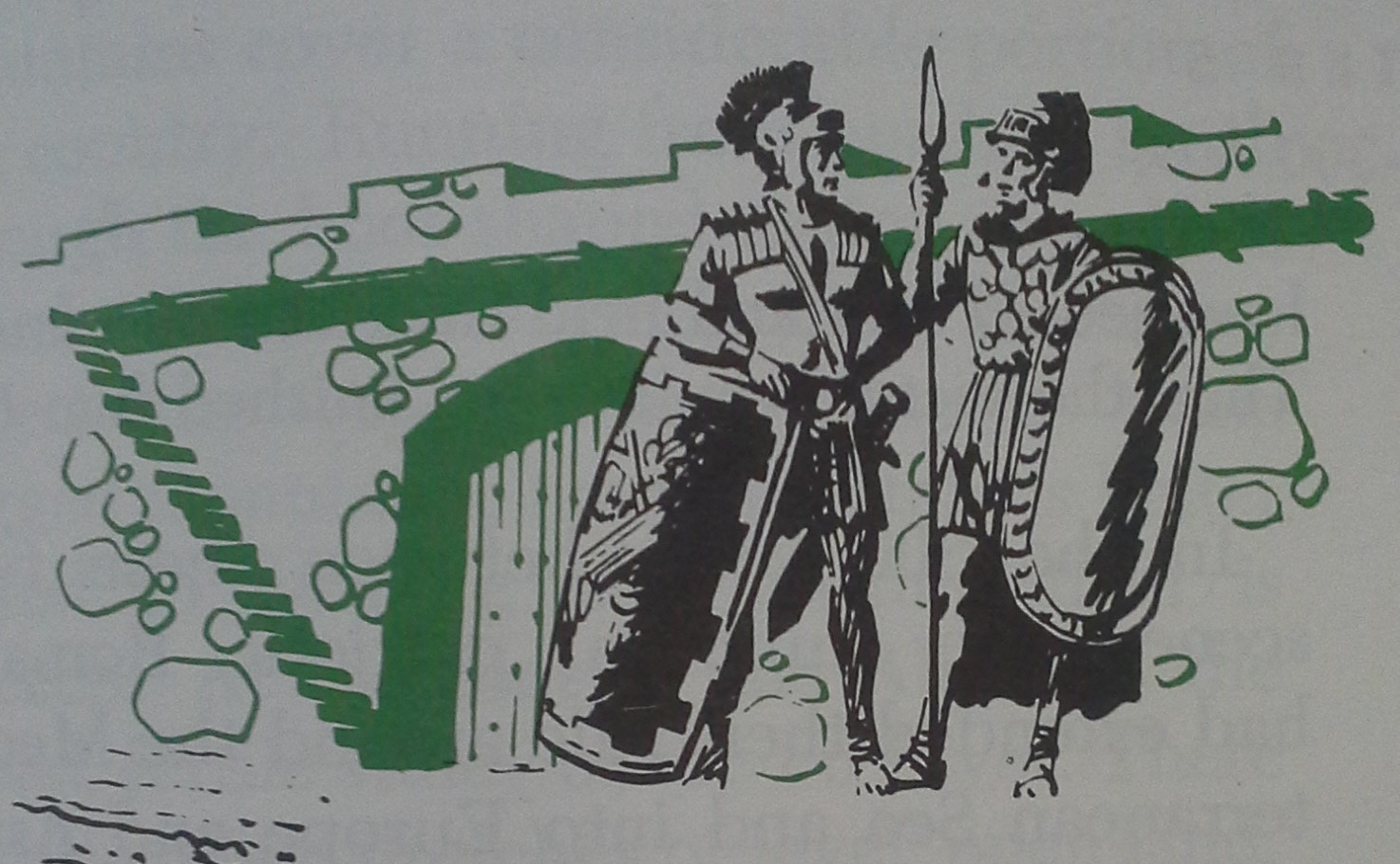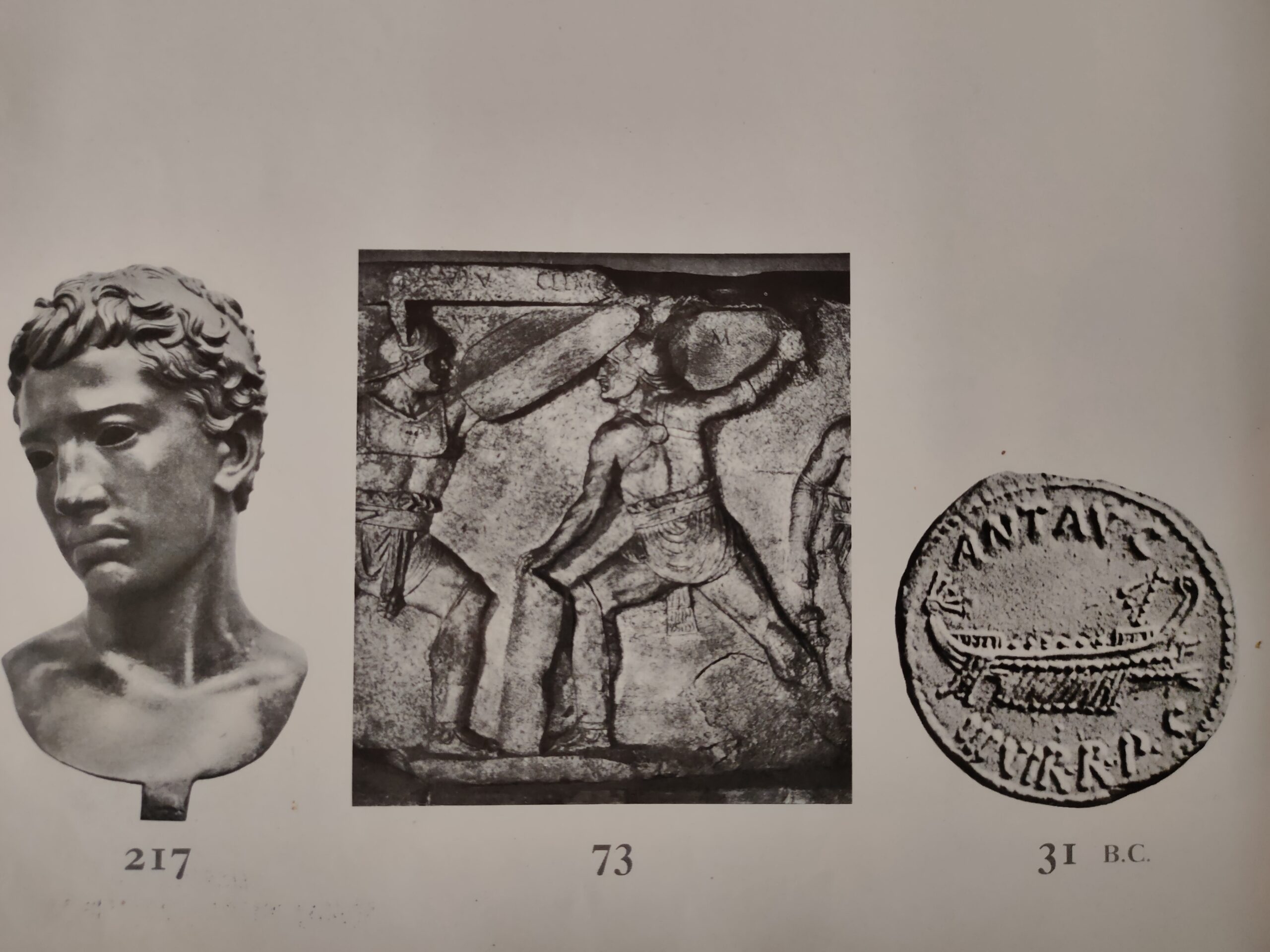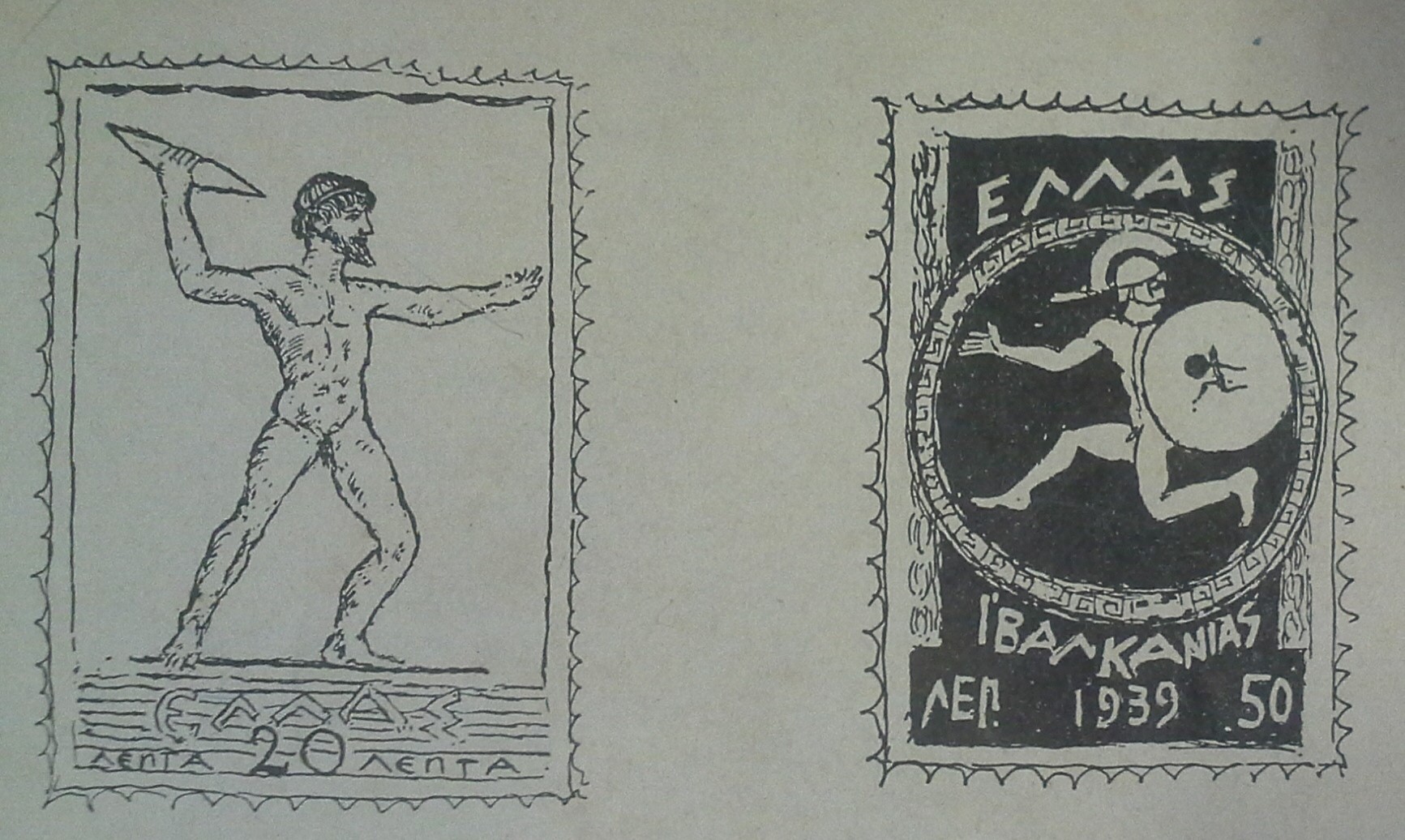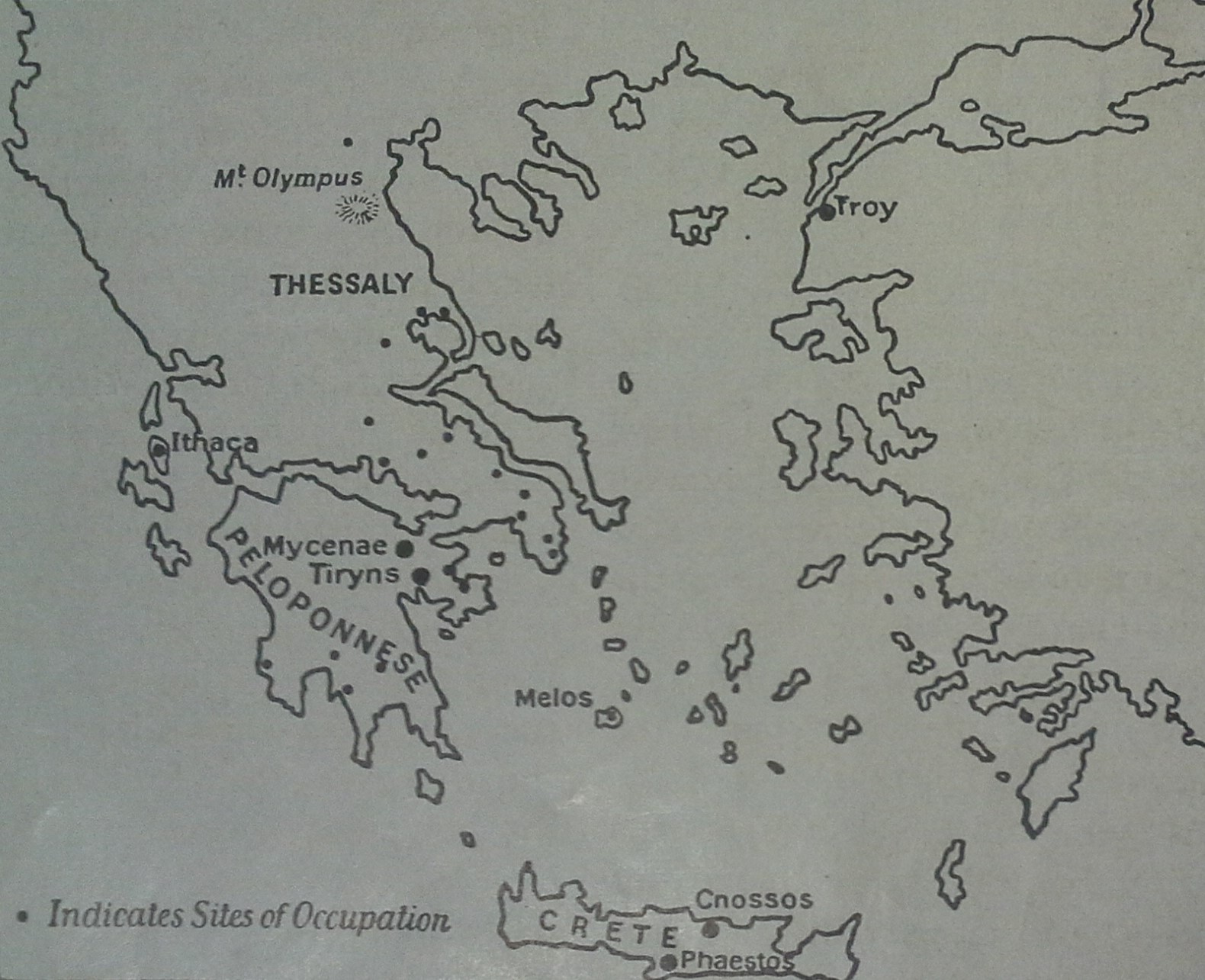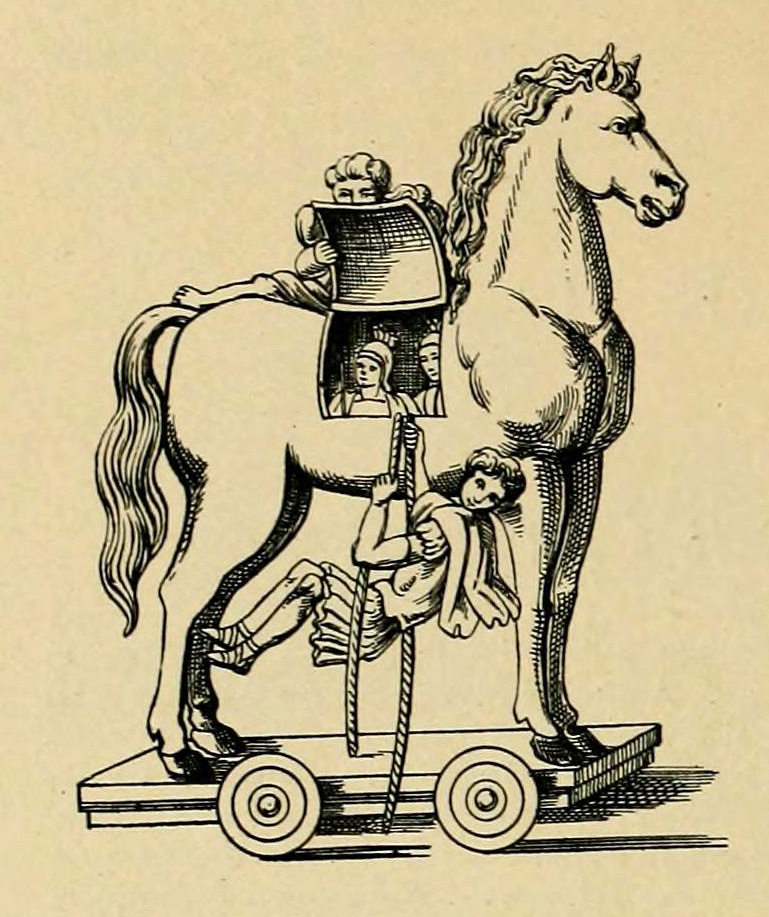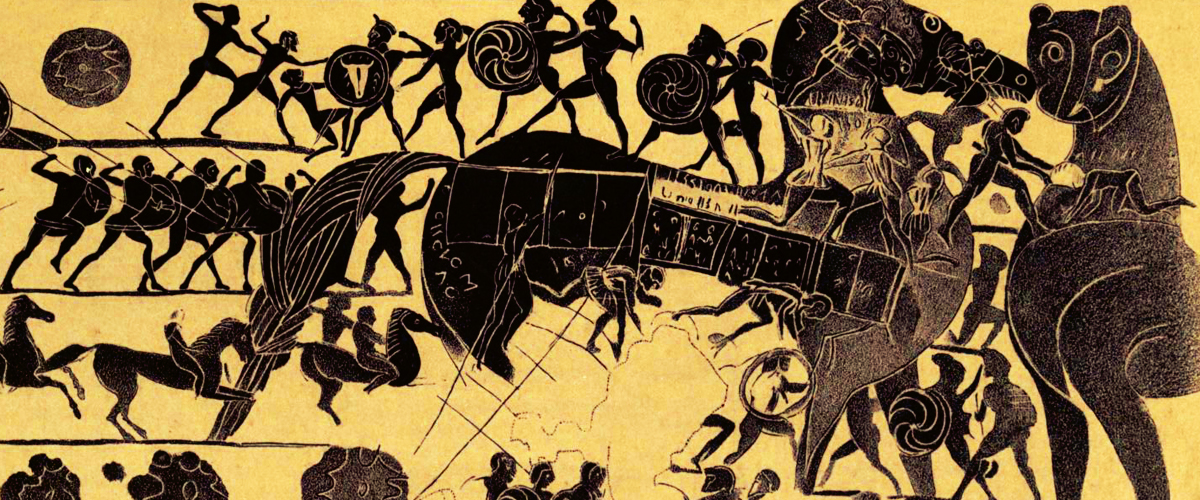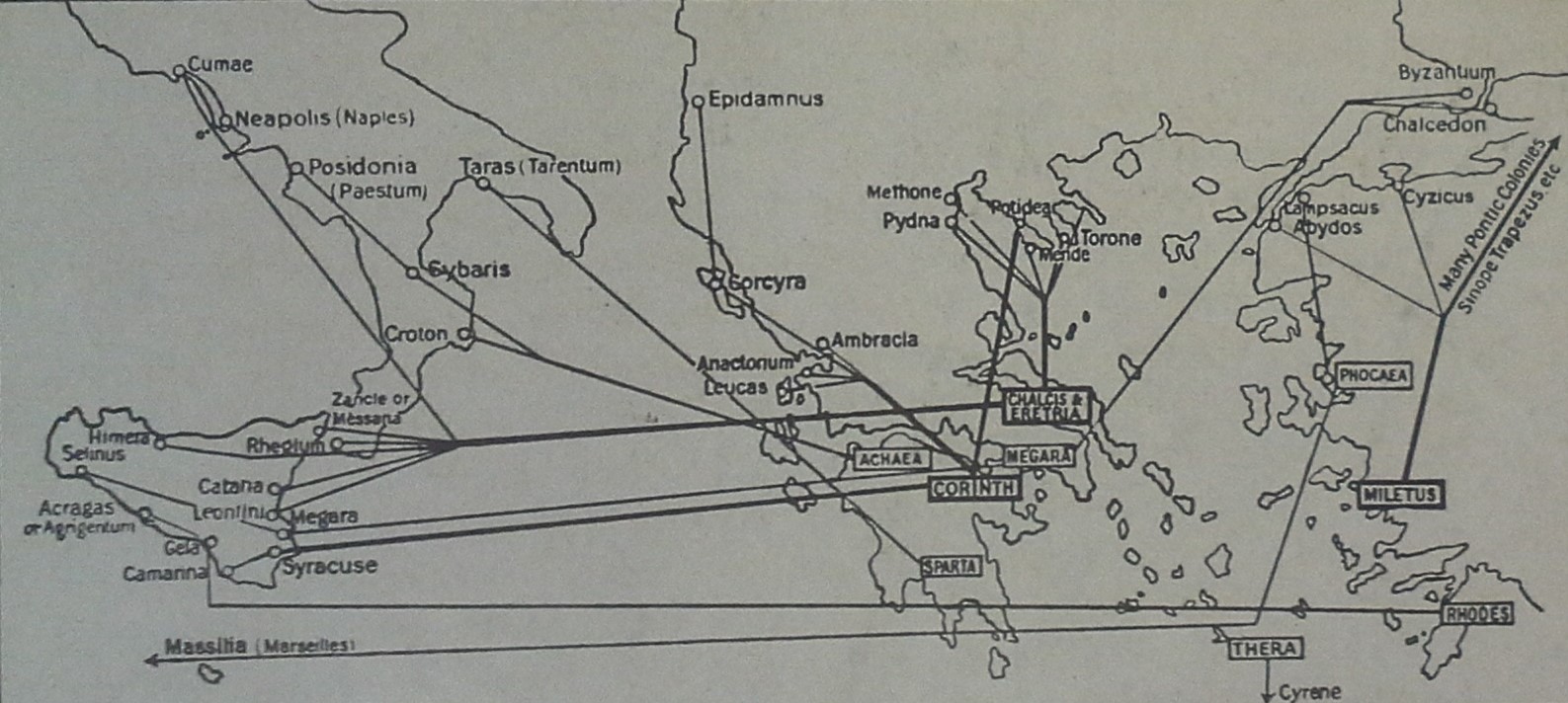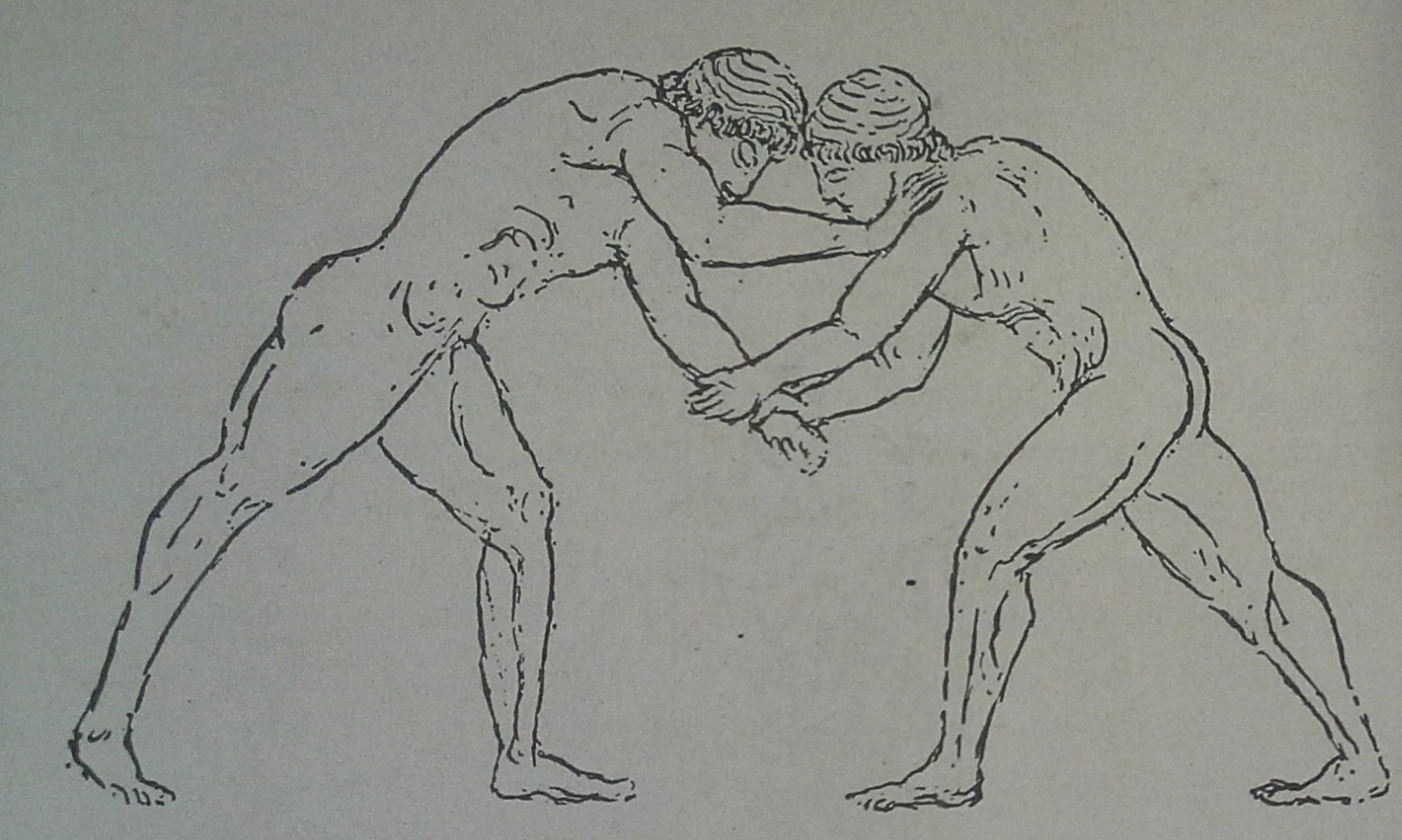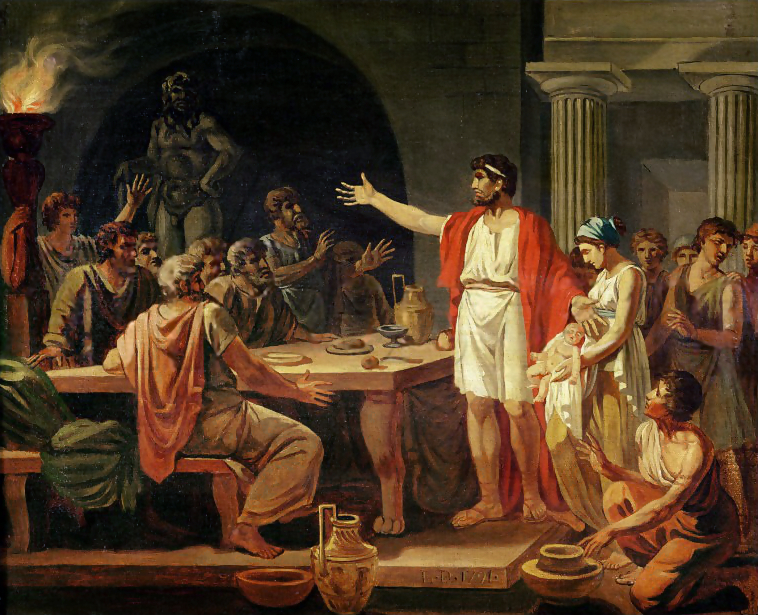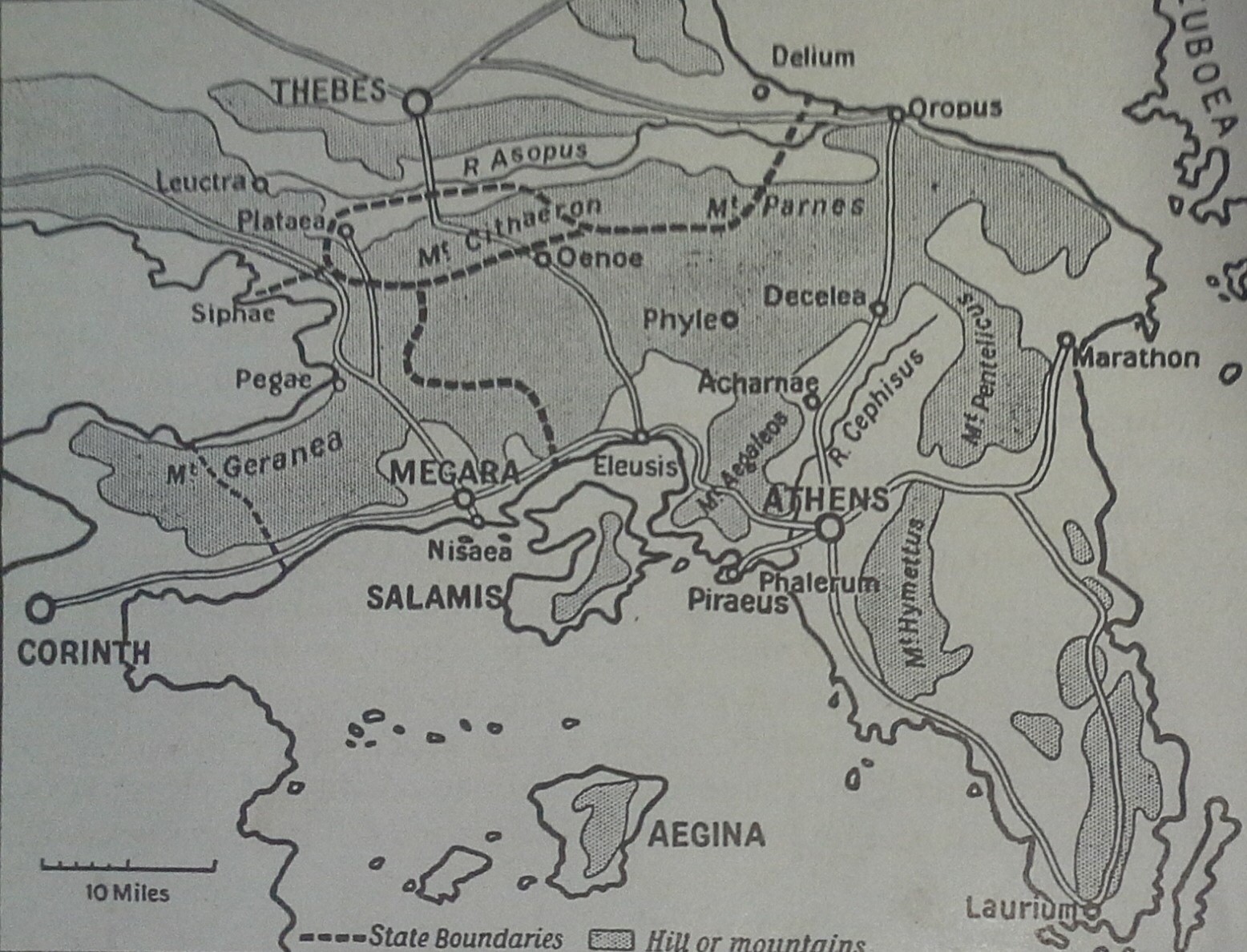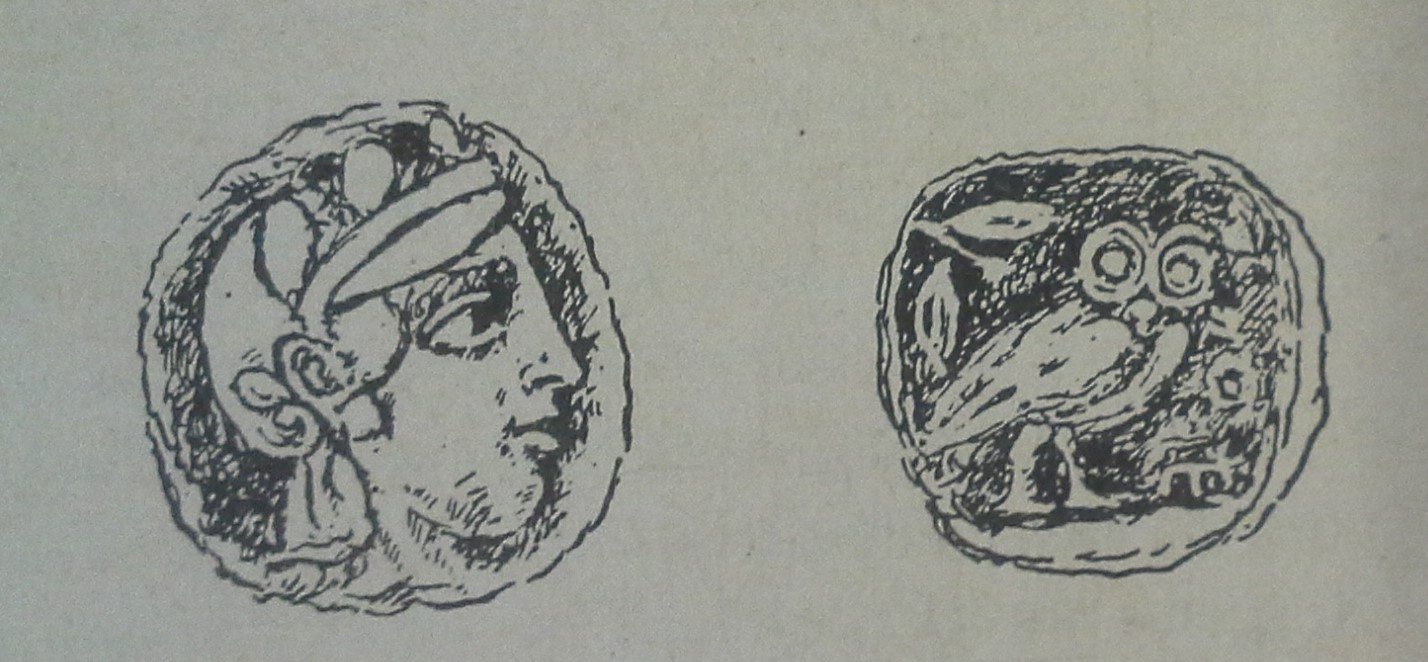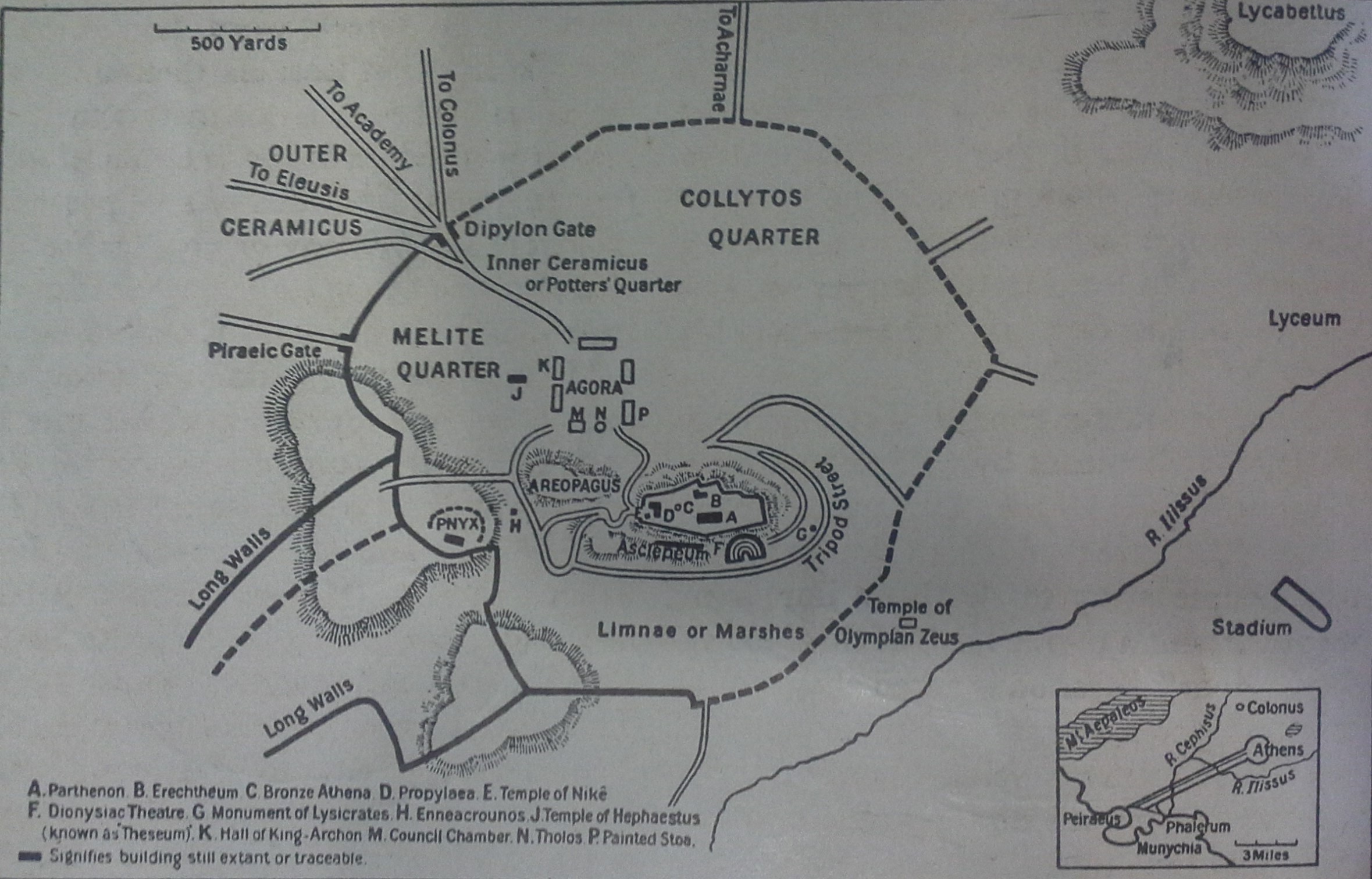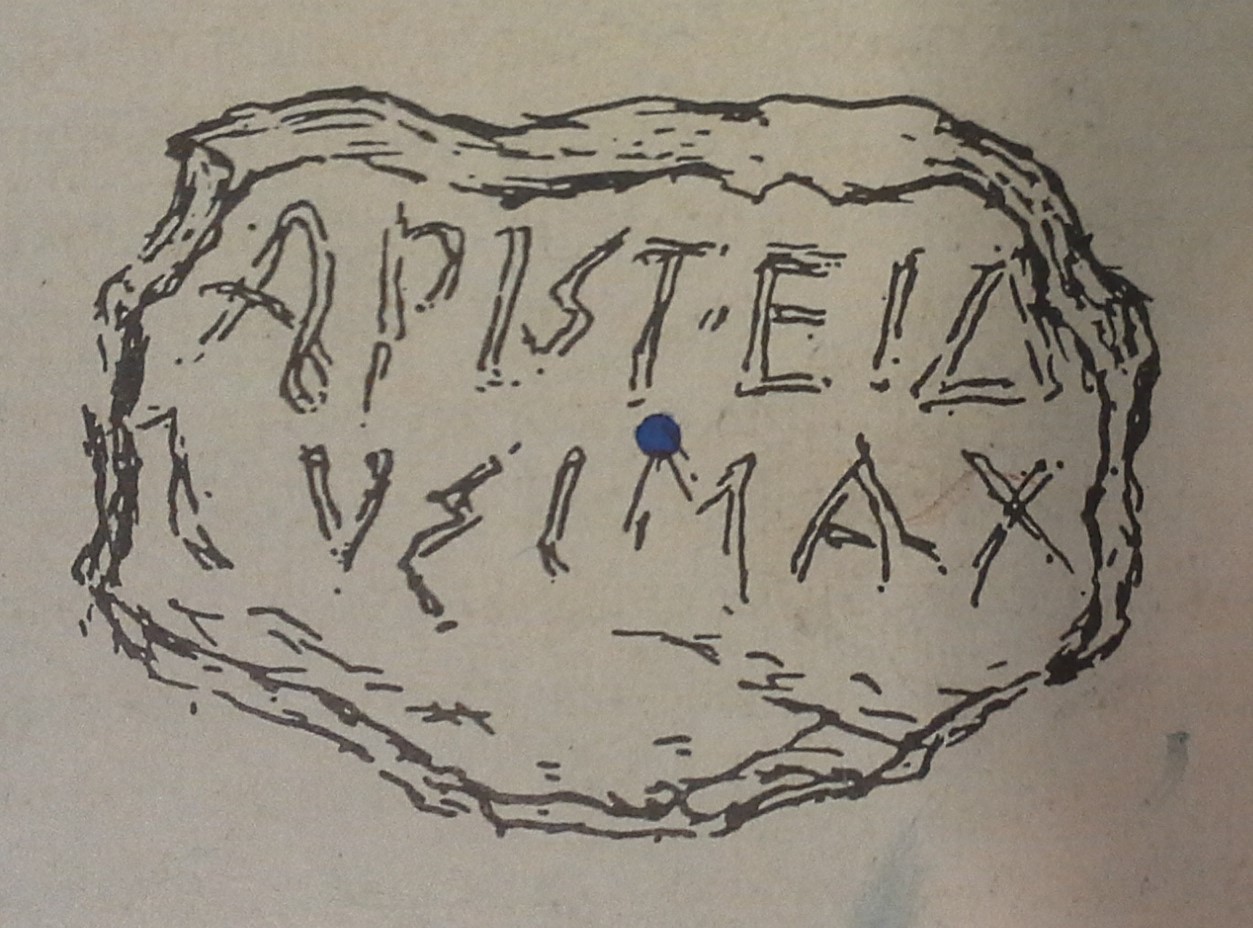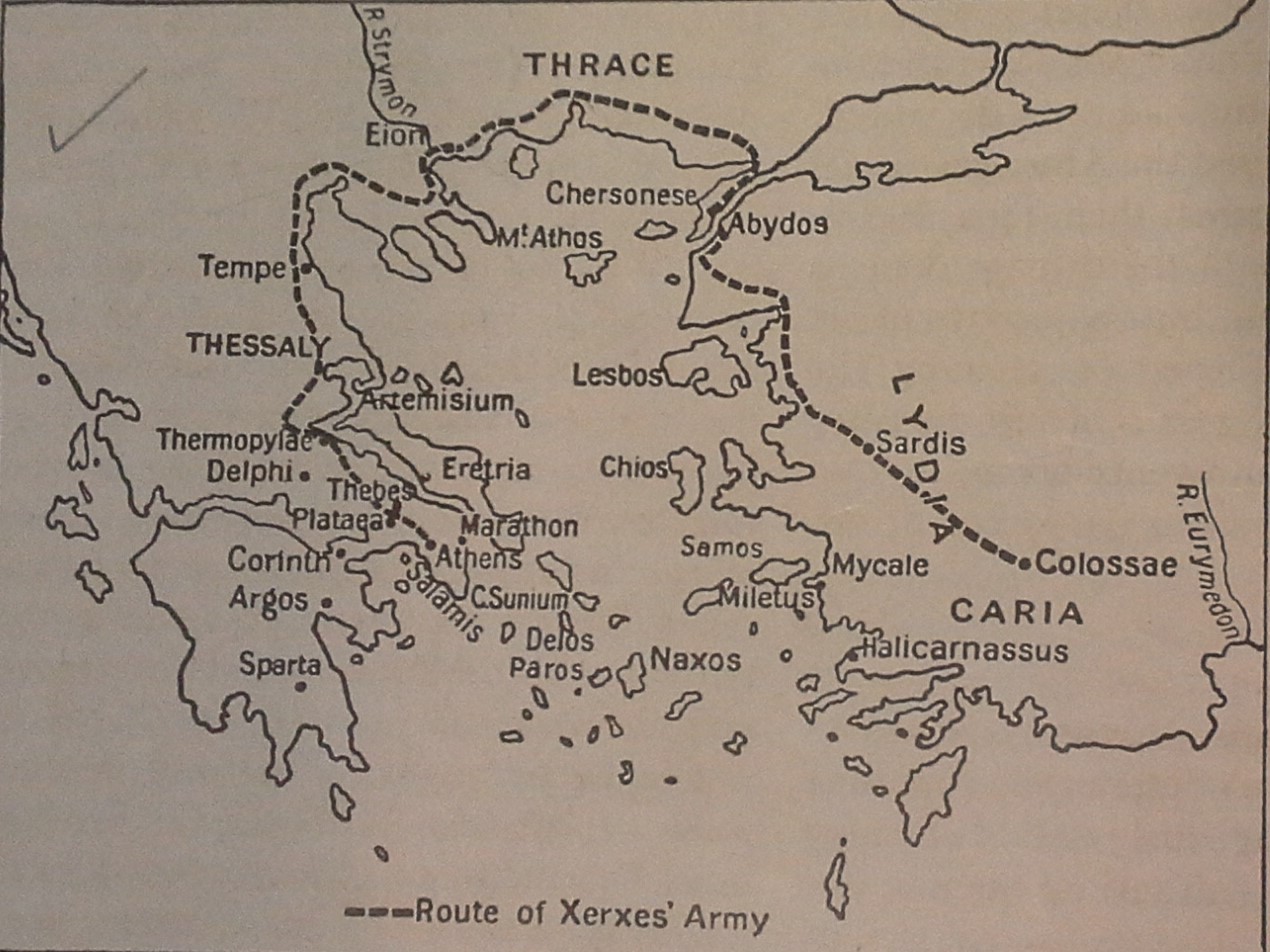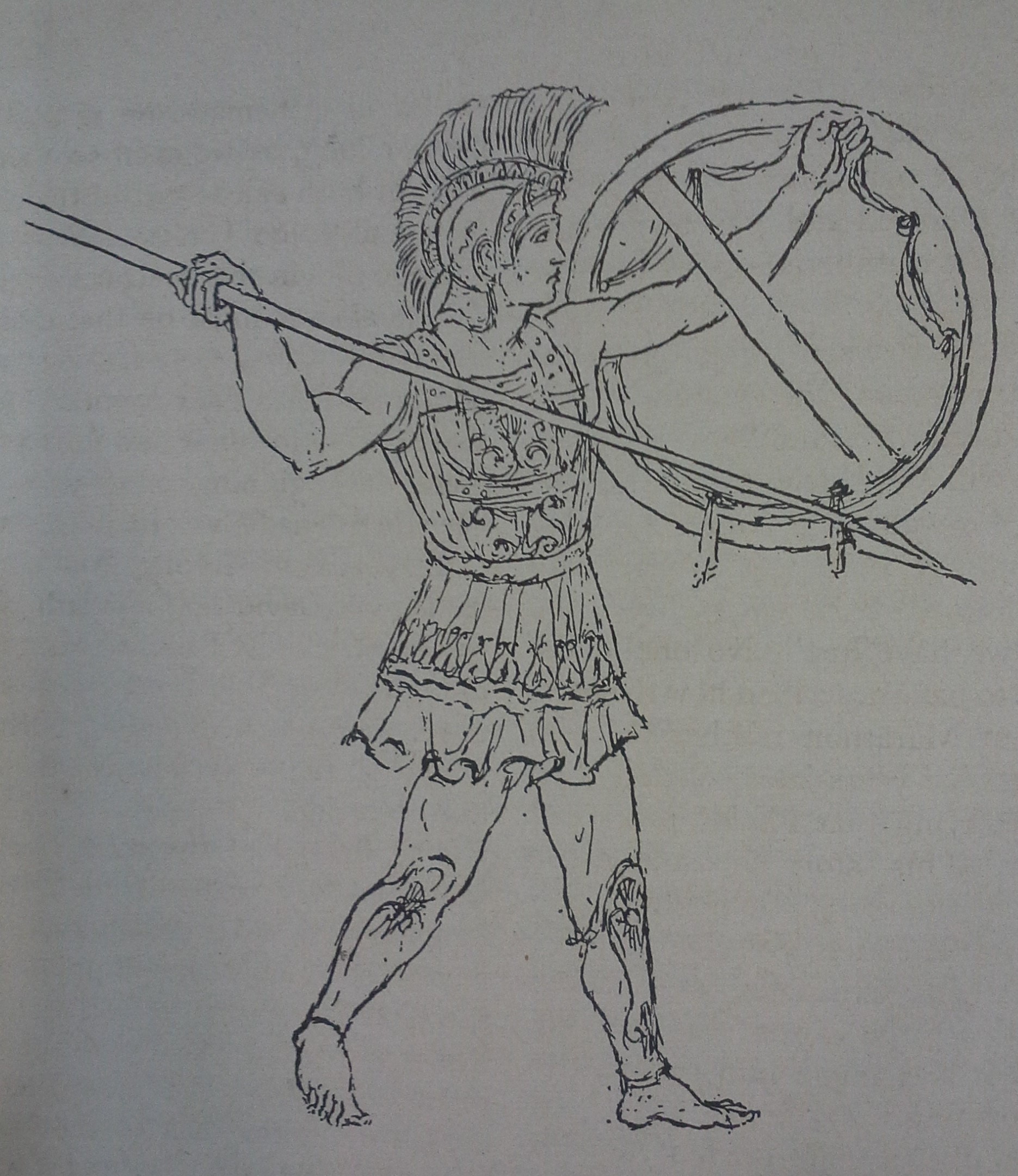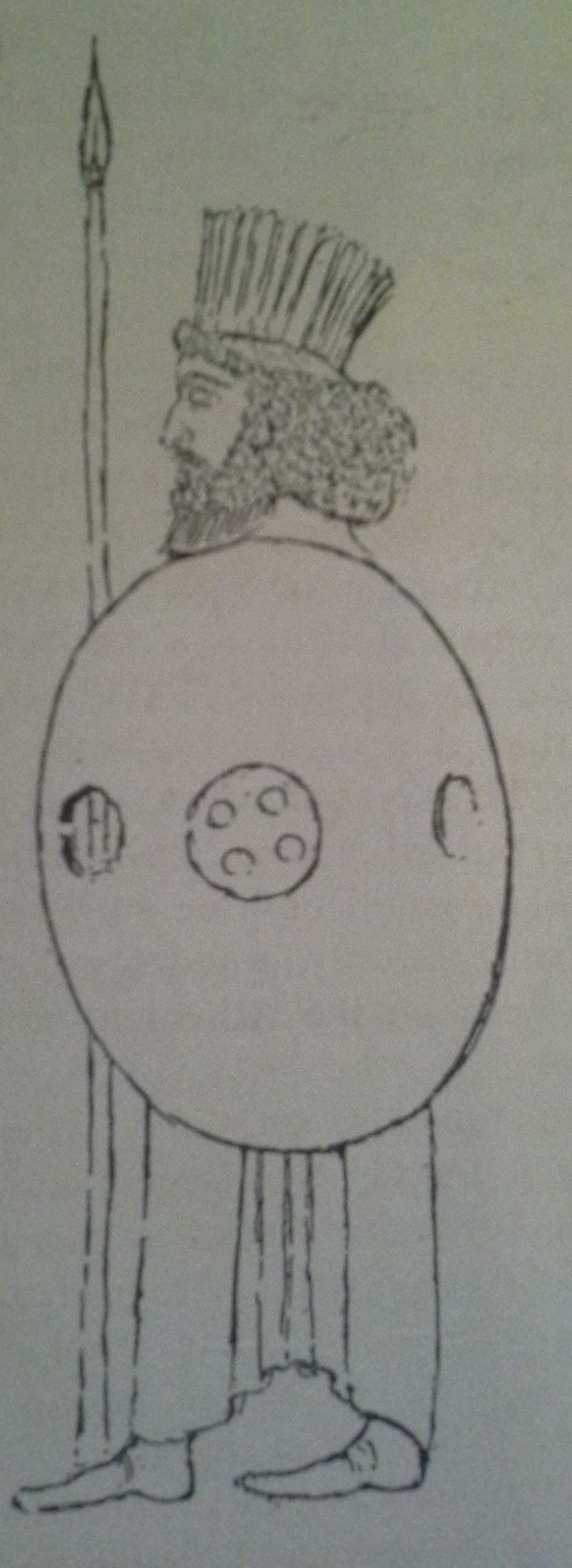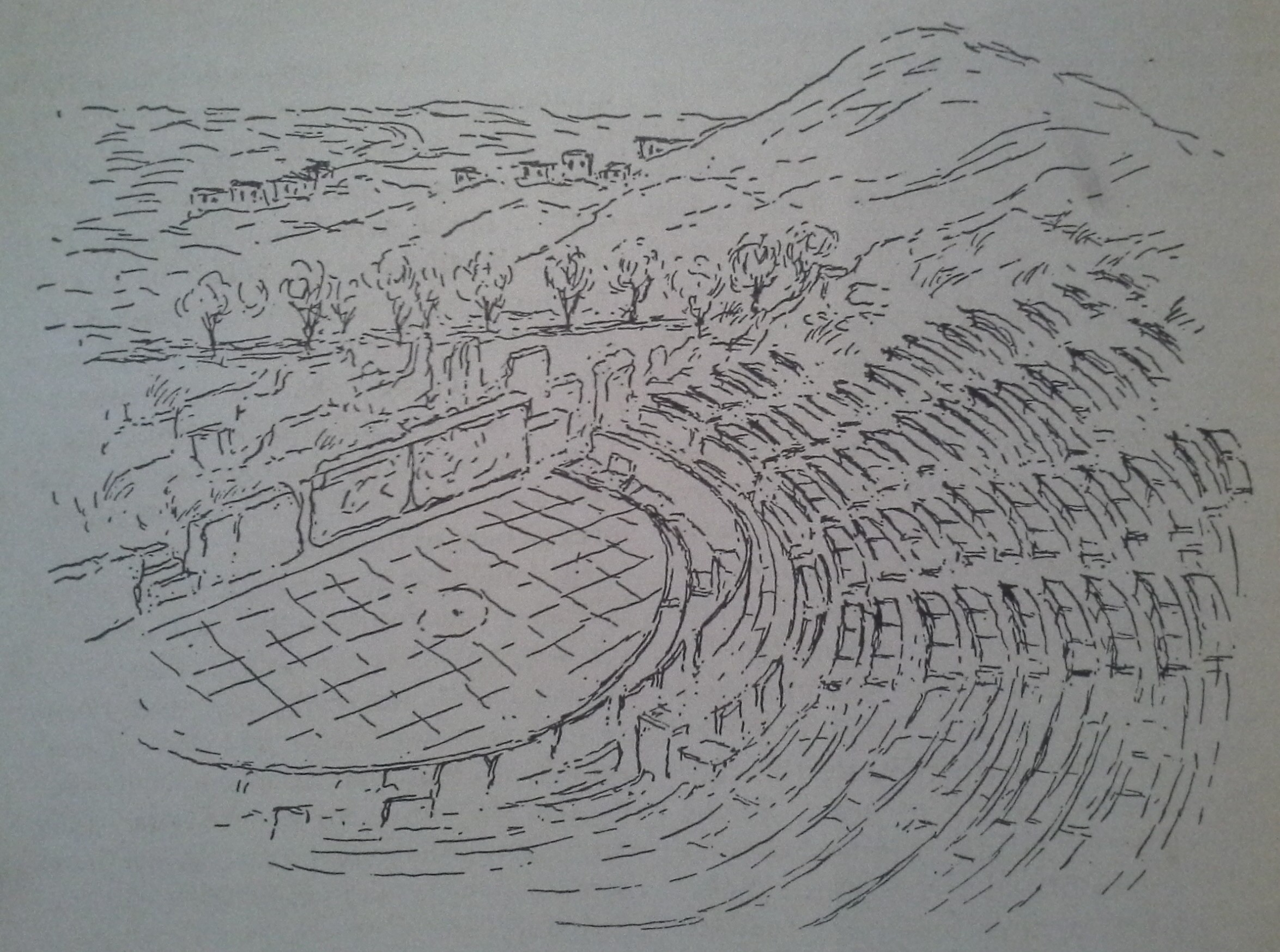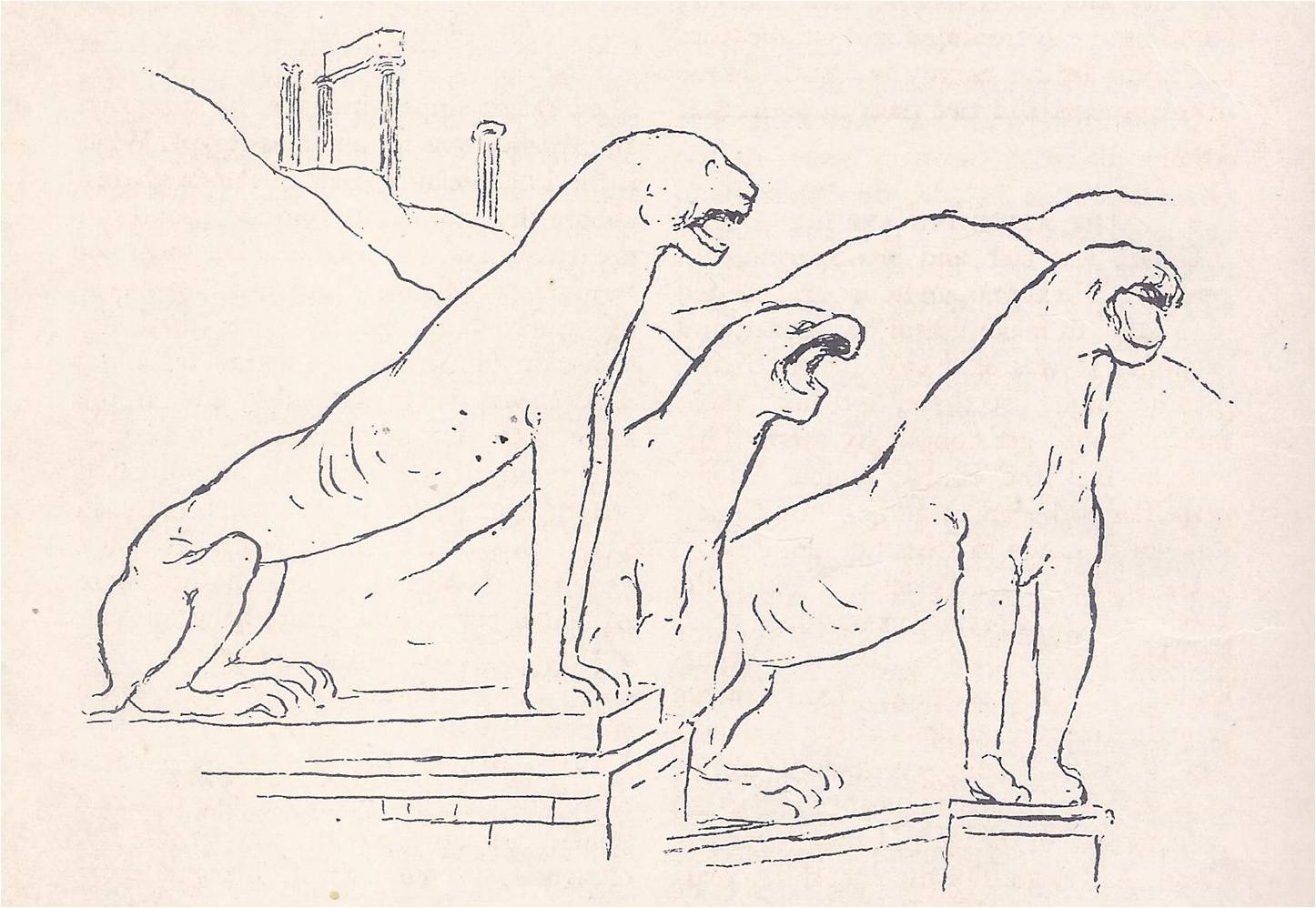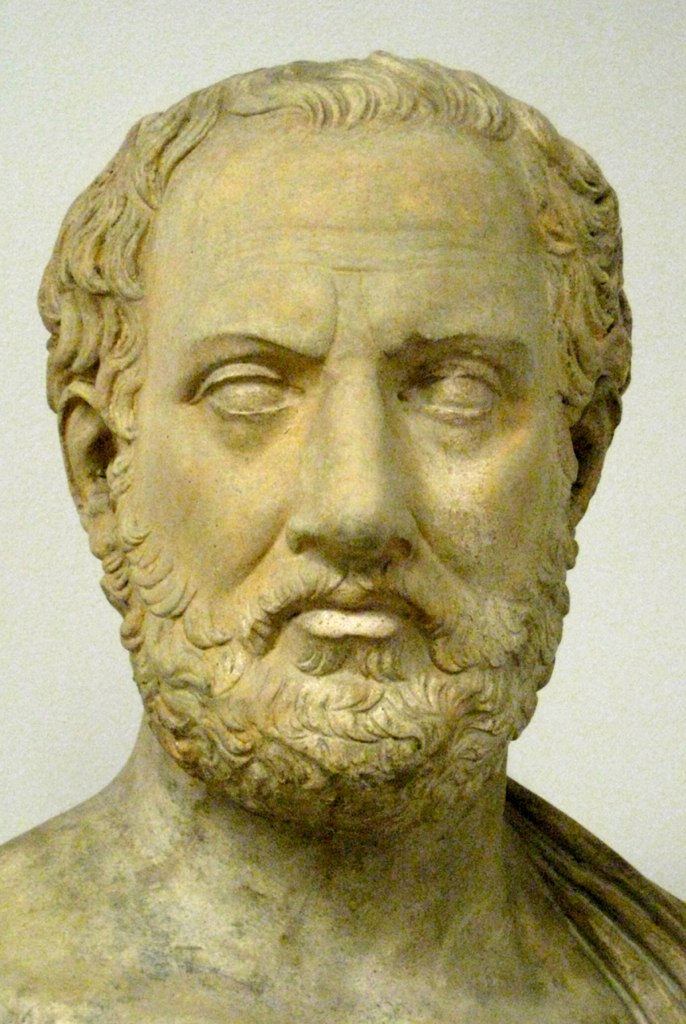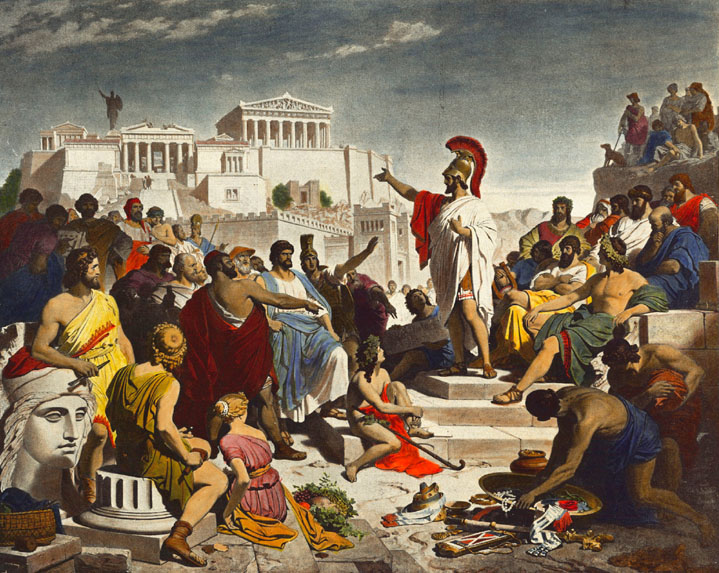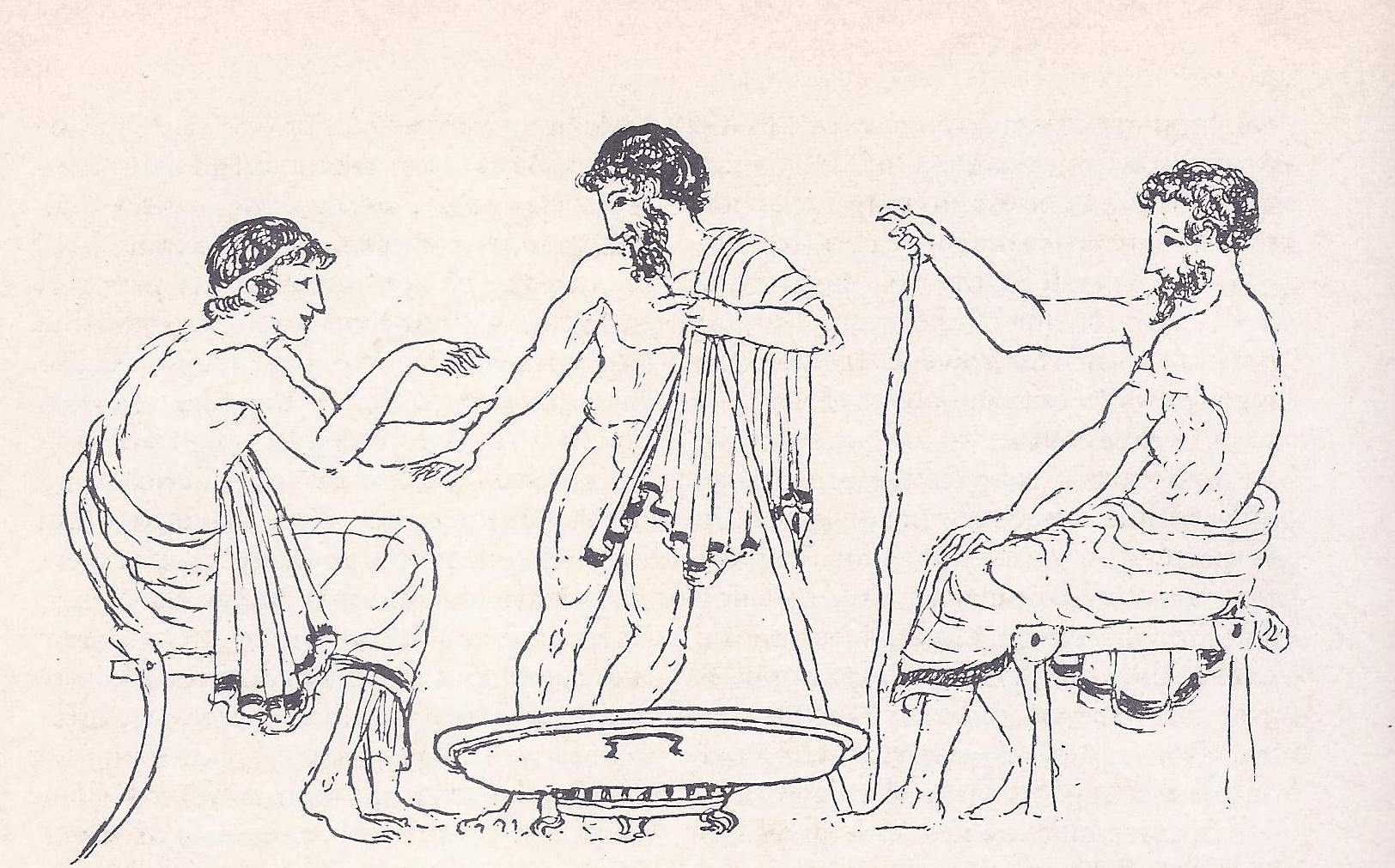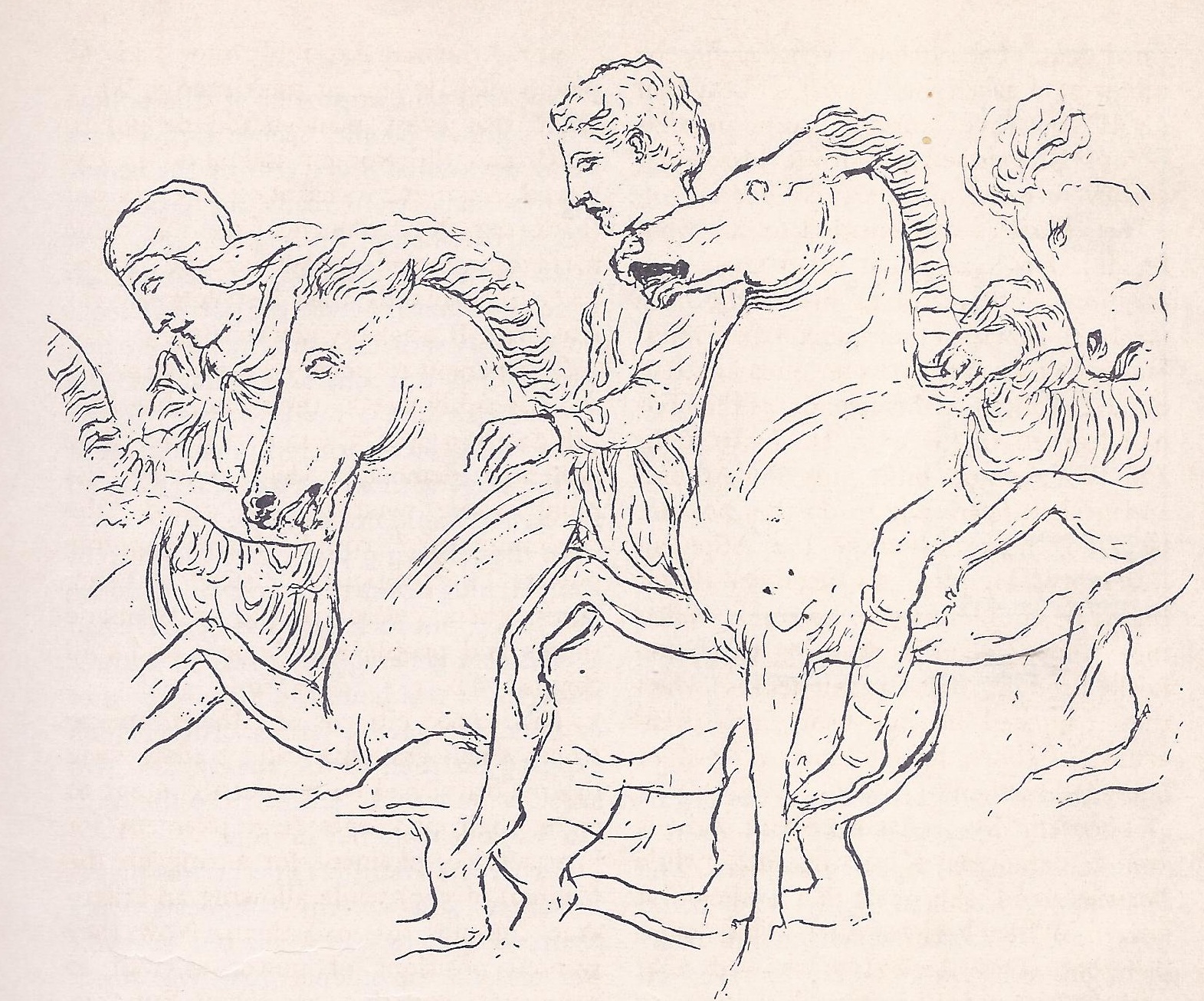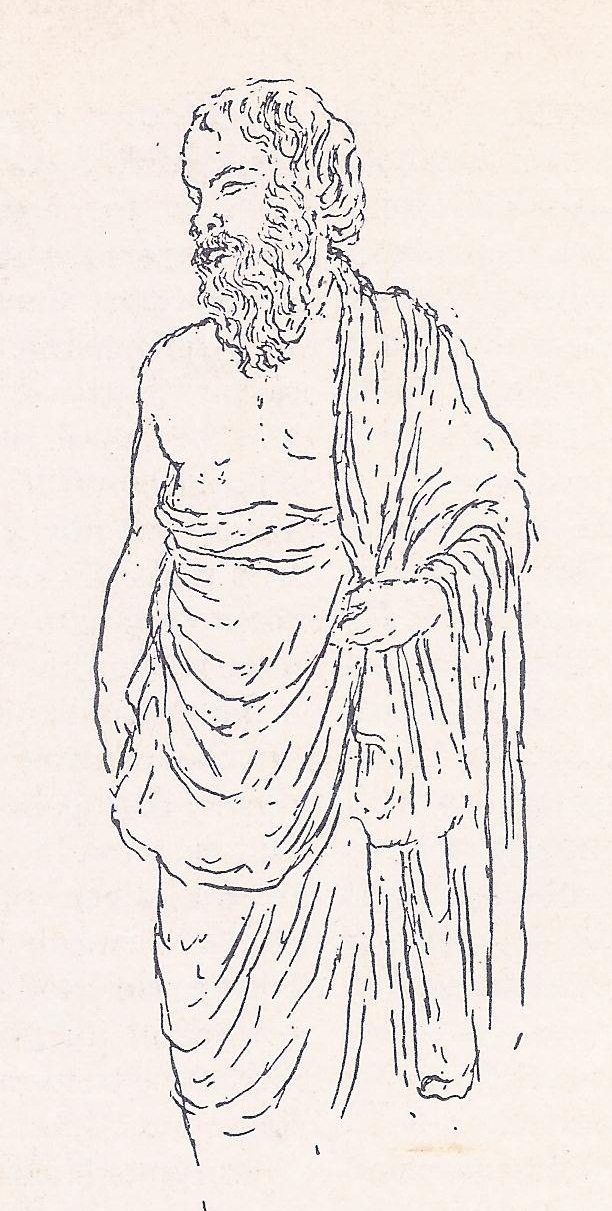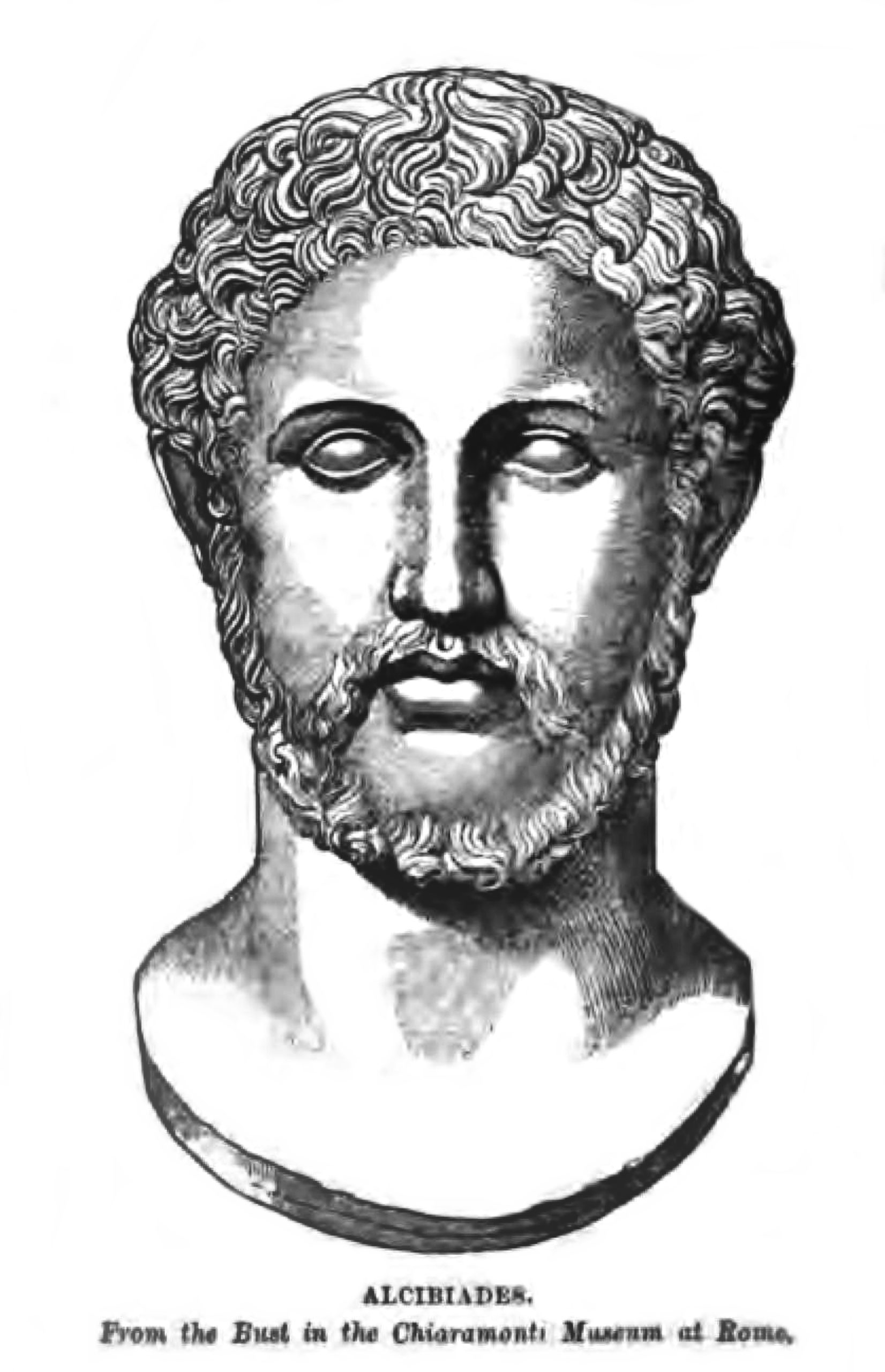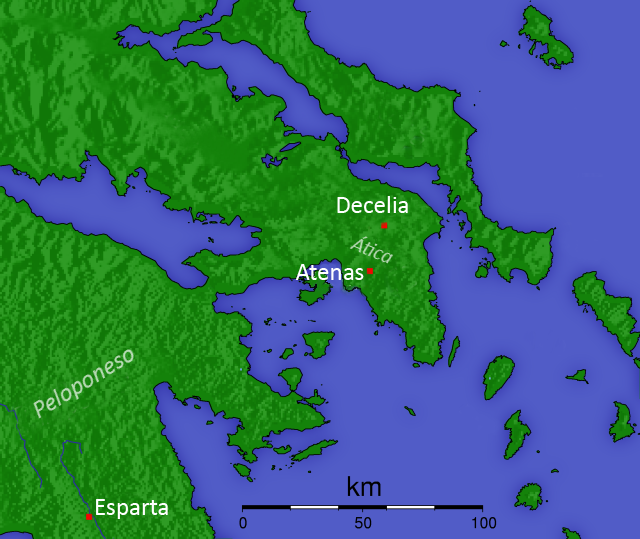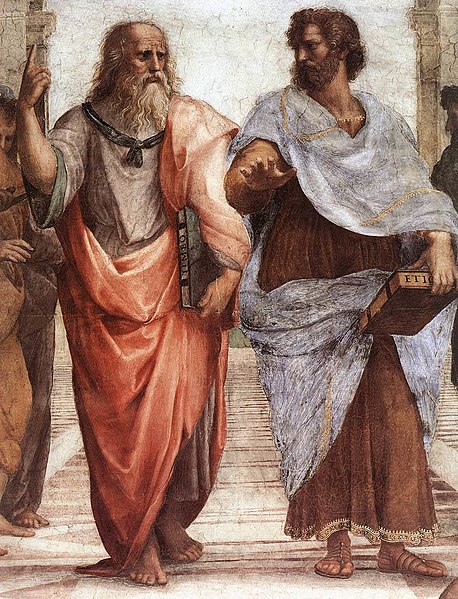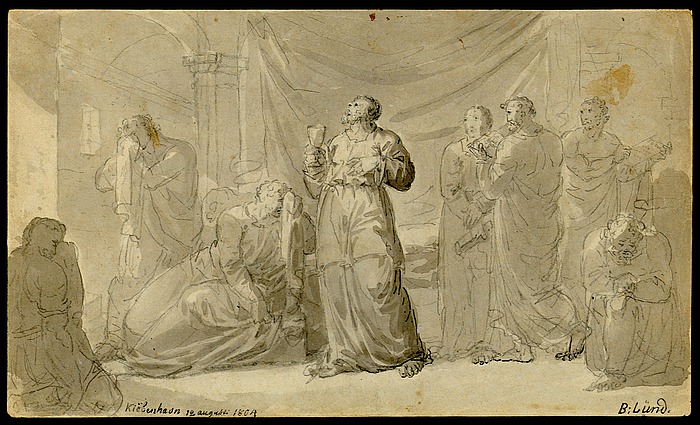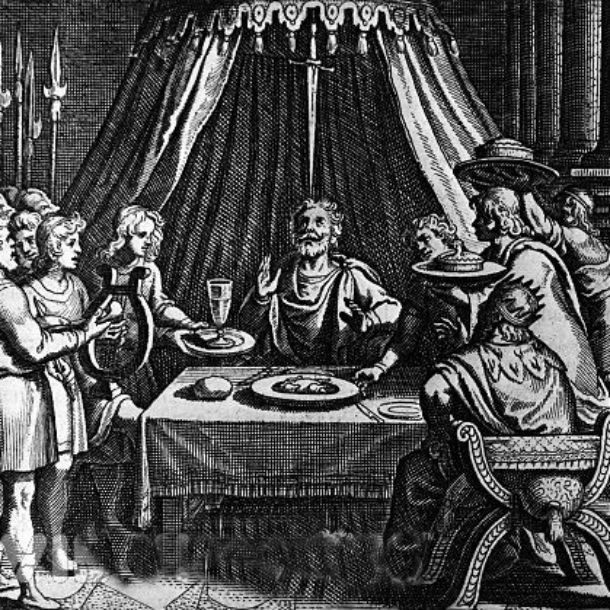Latest Posts
Henry IV, Humiliation at Canossa (1077 A. D.)
Henry IV stood barefoot in the snow, for three days in January, 1077, outside Canossa castle, waiting to see Pope
Pope Leo IX (1066 – 1077)
Galilee Chapel in Durham Cathedral. Durham was the greatest of the Norman ecclesiastical border fortress in the north of England.
William of Normandy, the Conqueror (1066 A. D.)
William of Normandy, the conqueror, was also descended from English kings and was convinced that King Edward had promised him
Early Civilizations to Modern Age
The Coming of Man
About 400,000 years ago, a group of people were gathered at the mouth of a cave. They had a fire
Mesopotamia, Where Civilization Began 4000 B.C. – 1750 B.C.
Mesopotamia is where civilization began. By 4000 B. C., many different groups of people were working out their lives in
Hittite Warriors Build a Kingdom 1750 B. C. – 700 B. C.
Within 150 years of the death of Hammurabi, the cities of Mesopotamia were powerless and other peoples took up the
Distant Past and New Challenges
Milestones of History
What is History?
Many answers have been given to this question. To most people it is undoubtedly the record of past events, but
3000 BC – Gift of the Nile
On the long road to civilization, the emergence of the national state –particularly in the context of the world in
Early Culture Existed for Centuries
Early culture, between 3000 to 1750 BC, in Mesopotamia, the land between the rivers, another civilization is already far advanced.
